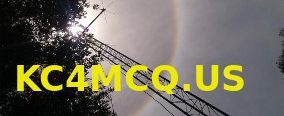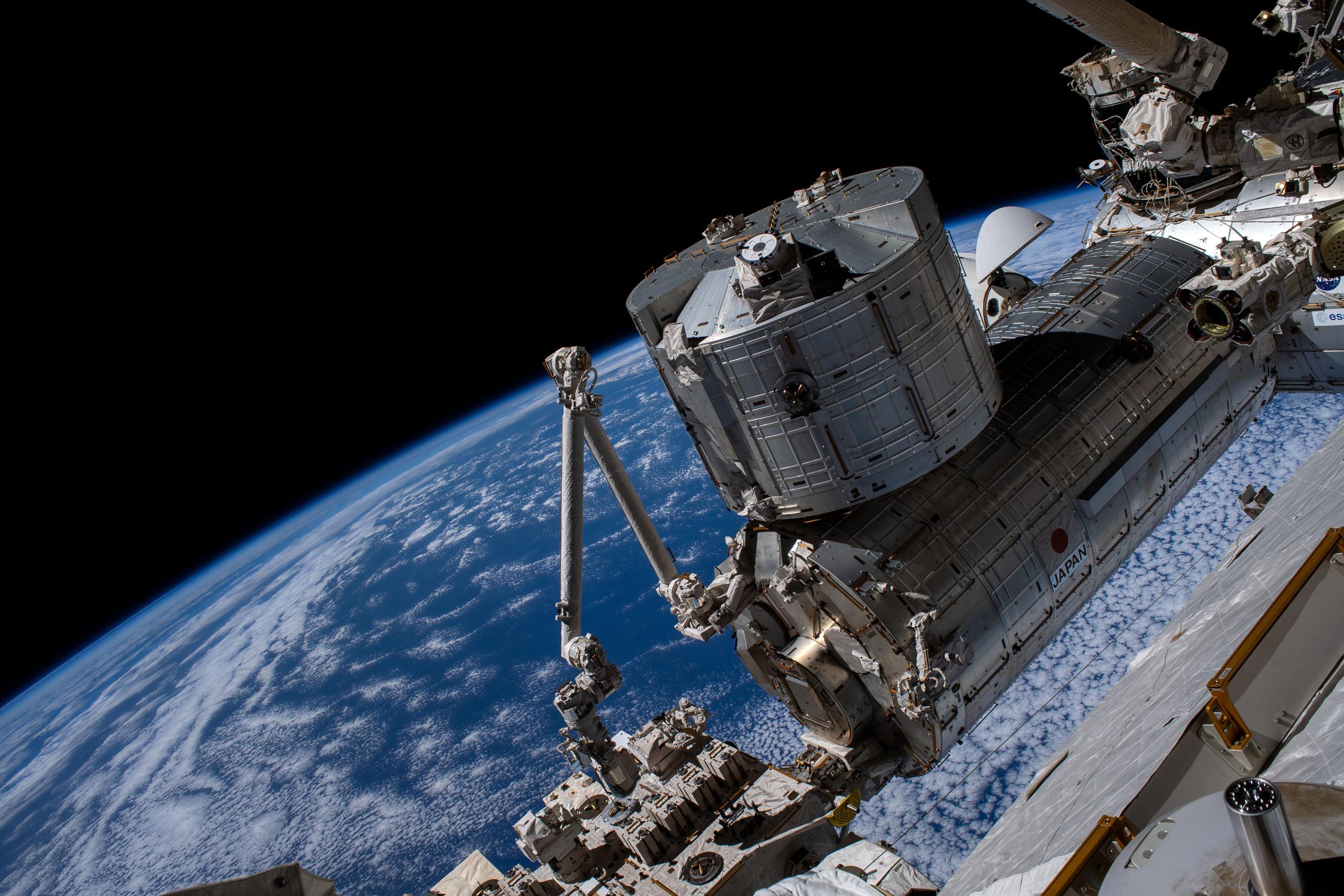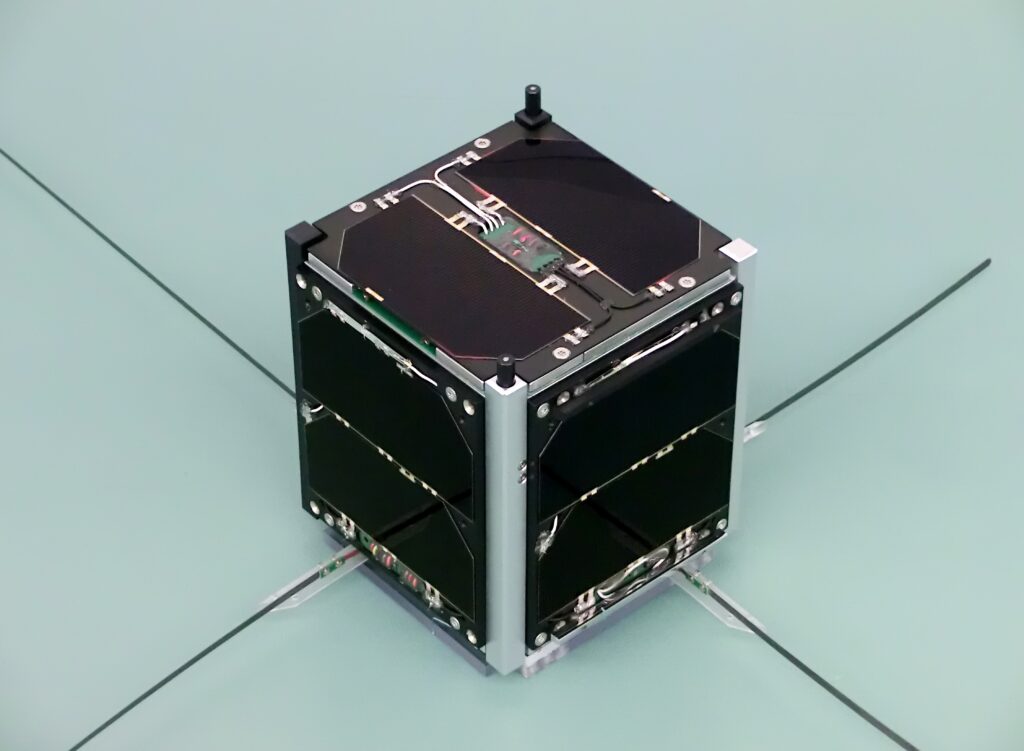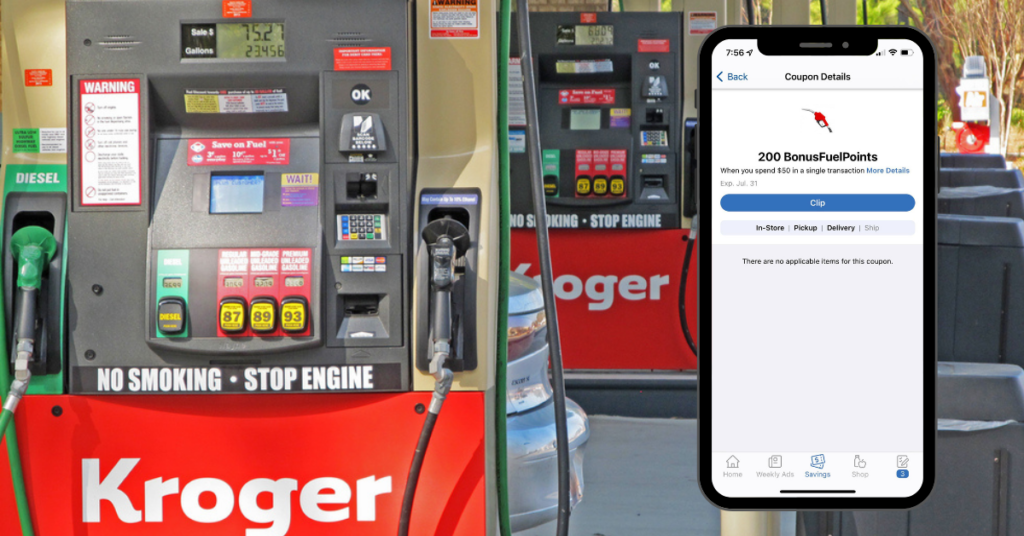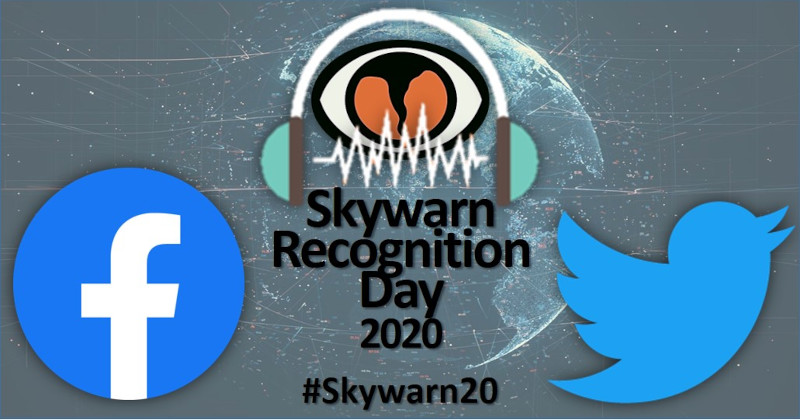Amateur Radio on the International Space Station (ARISS) has received schedule confirmation for an ARISS radio contact between an astronaut aboard the International Space Station (ISS) and students at the Technological University in Dublin, Ireland. ARISS conducts 60-80 of these special amateur radio contacts each year between students around the globe and crew members with ham radio licenses aboard the ISS.
Technological University Dublin is a large technological university with more than 28,000 students across its five campuses. TU Dublin is a leader in STEM disciplines (with 18% of their students enrolled in STEM and 25% in apprenticeships) and also provides studies in business, media, culinary arts, and the creative and performing arts. In 2022, TU Dublin provided 300 students between the ages of 8 and 11 years the opportunity to participate in a special STEM program, composed of five, space-themed workshops (STEM Try Five program). The school also collaborated with Dublin Institute of Advanced Studies, the Dunsink Observatory and the Irish Rocketry Association in order to provide a series of space-centered student activities.
With this ARISS contact, the school also hopes to rejuvenate the hobby of radio experimentation, to highlight the relevance of radio communication and its very important applications in day-to-day life. Members of two amateur radio organizations, North Dublin Radio, and the Irish Radio Transmitter Society, are supporting the school for this ARISS contact by providing technical expertise, equipment, and ham radio activities.
This will be a direct contact via Amateur Radio allowing students to ask their questions of Astronaut Jasmin Moghbeli, amateur radio call sign KI5WSL. The downlink frequency for this contact is 145.800 MHz and may be heard by listeners that are within the ISS-footprint that also encompasses the relay ground station.
The amateur radio ground station for this contact is in Dublin, Ireland. Amateur radio operators using call sign EI1ISS, will operate the ground station to establish and maintain the ISS connection.
The ARISS radio contact is scheduled for October 6, 2023 at 2:11:32 pm IST (Ireland) (13:11:32 UTC, 9:11 am EDT, 8:11 am CDT, 7:11 am MDT, 6:11 am PDT).
The public is invited to watch the live stream at: https://www.youtube.com/watch?v=2E8wZd2gBoo
As time allows, students will ask these questions:
1. How long does it take to train to become an astronaut?
2. How does it feel to take off into space?
3. How do you contact your family?
4. Does the International Space Station break down often?
5. Do you feel stress or anxiety when you are in outer space?
6. How do you know when it is morning and night time?
7. Do you dream differently in space?
8. How does returning from space affect your body?
9. How do you get a haircut in space?
10. What skills do you need to go into space?
11. How do you keep your food fresh?
12. Is it difficult to move in zero gravity?
13. What is the scariest part of being an astronaut?
14. Could you bring your pet with you to the Space Station?
15. Is it difficult to wear your space suit?
16. What made you want to become an astronaut?
17. What is, in your opinion, the best and worst food on the space station?
18. What do you do in your free time?
19. During launch, where does the first stage end up?
20. How long does a typical EVA last?
About ARISS:
Amateur Radio on the International Space Station (ARISS) is a cooperative venture of international amateur radio societies and the space agencies that support the International Space Station (ISS). In the United States, sponsors are the American Radio Relay League (ARRL), Amateur Radio Digital Communications (ARDC), Radio Amateur Satellite Corporation (AMSAT), NASA’s Space Communications and Navigation program (SCaN) and the ISS National Lab—Space Station Explorers. The primary goal of ARISS is to promote exploration of science, technology, engineering, the arts, and mathematics topics. ARISS does this by organizing scheduled contacts via amateur radio between crew members aboard the ISS and students. Before and during these radio contacts, students, educators, parents, and communities take part in hands-on learning activities tied to space, space technologies, and amateur radio.
For more information, see http://www.ariss.org/
